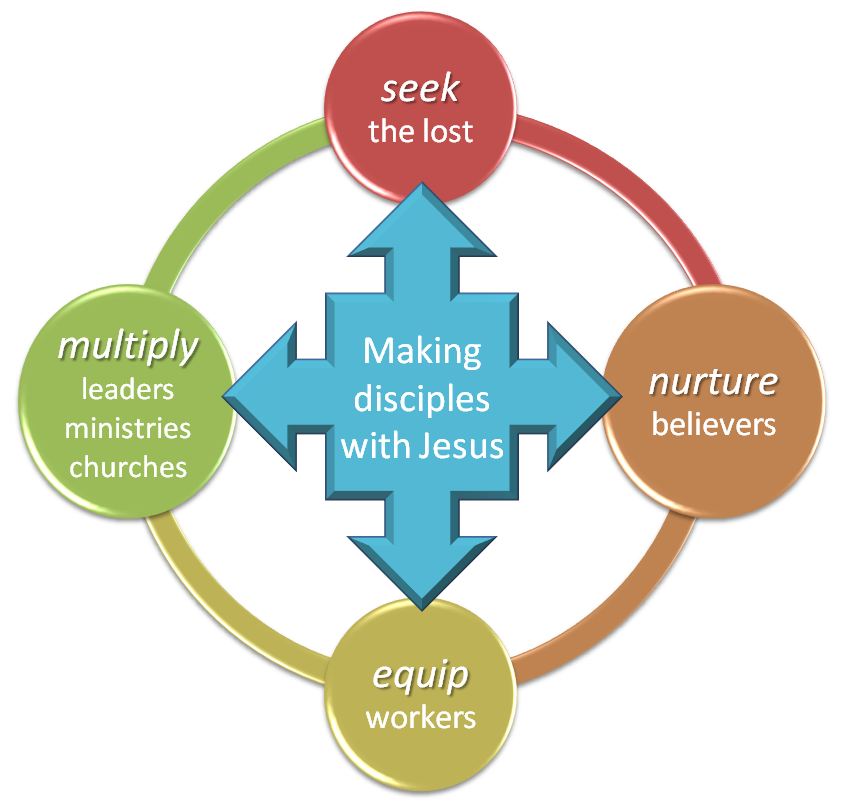In GCI, our vision is for “all kinds of churches, for all kinds of people, in all kinds of places.” In a rapidly changing world, “all kinds of churches” will, no doubt, include new expressions of church.
As a GCI ministry developer I keep my eyes open for churches experimenting with new expressions. Sometimes these experiments work and sometimes they don’t–either way, I appreciate it when folks are willing to “think outside the box,” trying new ways to “do church” for the sake of the gospel mission.
 Recently my wife Donna and I visited an innovative worship service conducted by a United Methodist church in western Florida. They call it Flora-Bama Worship @ the Water. It is designed to reach out and connect with the community (including its many transient visitors) along the north shore of the Gulf of Mexico in the area that spans the Florida-Alabama border.
Recently my wife Donna and I visited an innovative worship service conducted by a United Methodist church in western Florida. They call it Flora-Bama Worship @ the Water. It is designed to reach out and connect with the community (including its many transient visitors) along the north shore of the Gulf of Mexico in the area that spans the Florida-Alabama border.
The service is held on Sunday mornings in a tent on the beach that is part of an iconic honky-tonk bar named Flora-Bama Lounge, Package and Oyster Bar. Like the bar itself, the worship service is quite an experience (it’s not your mother’s church!). Click here for their FaceBook and here for a Huffington Post article.
The Flora-Bama service reminded me that we need new expressions of church of our own–not to be trendy, but to reach new people, many of who will not step inside a traditional church.
I wonder if anyone reading this feels called of God to start such a church in GCI. If so, your friends in Church Administration and Development (CAD) are here to help–feel free to email Randy.Bloom@gci.org. Randy leads CAD’s Church Multiplication Ministries, which helps individuals, congregations and district networks start new kinds of churches, for all kinds of people, in all kinds of places.
A good place to start, is to launch a FaithTalk group. This is a special type of small group designed to connect with un-churched people. We resource such groups online at FaithTalk equipper.
– Ted Johnston, CAD media & communications







